Posted on 1/21/2021
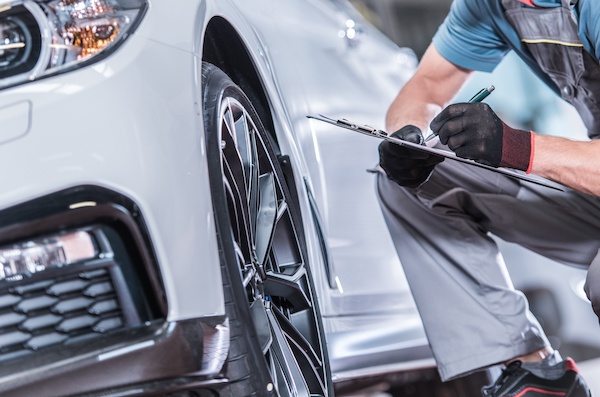
Every car owner knows that keeping a safe and efficient vehicle is an ongoing effort. To get the best results from your automobile, dealers generally recommend staying current on a number of regular check-ups and maintenance items. This article will explore the maintenance check-ins most commonly recommended by vehicle manufacturers. 1. Oil Change This one's a no-brainer. Every so many miles, it is highly recommended that vehicles are brought in for a routine oil change. This process involves replacing the oil and oil filter inside the vehicle and must be done per the owner's manual maintenance schedule to ensure the proper functioning of the car. 2. Tire rotation Most manufacturers will recommend periodic tire rotations as well. In tire rotations, an auto technician will rotate the vehicle's tires to make sure that all "wear and tear" is evenly distributed across the tire. This prevents one part of the tire from getting overly worn out and extends the usefuln ... read more
Posted on 12/17/2020
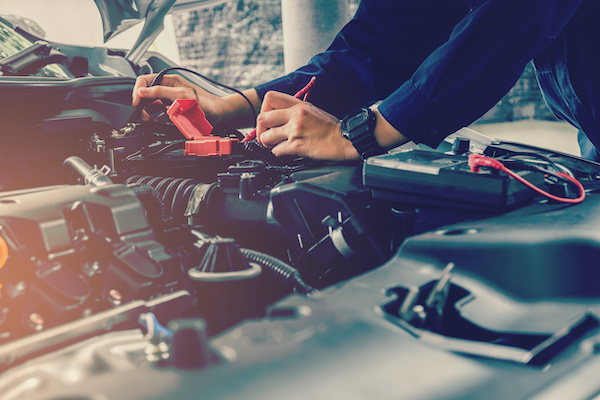
As much as hot weather takes a toll on batteries, winter does not make it easy for them. Some batteries survive winter, but others struggle during the season and eventually die due to different factors. There will be signs of a dying battery during winter. Understanding the impact of winter on batteries will empower you to find the right battery for the season and avoid driving frustrations at this time. They are Working Harder Batteries do the most job during winter. As the temperatures drop, the oil thickens and requires more power from the car battery to move the oil to the required destinations. It might be explicitly challenging for batteries more than two years old, and they may eventually become powerless and limit their functioning., The batteries might also die. Struggles Warming Up Car batteries struggle warming up during winter. Some chemical reactions in a lead battery acid must occur, enabling the battery to hold charge. The cold temperatures slow down the chemical rea ... read more
Posted on 11/29/2020
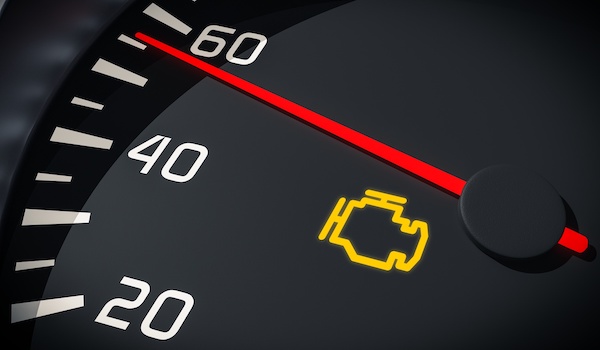
The check engine light is ambiguous, and for some drivers, easy to ignore. The check engine light doesn’t give a lot of information about the issue with the engine. In some cases, the issue can be minor; in other cases, the problem can be severe. Even if you suspect the issue, you may be small, ignoring the check engine light can be dangerous and put your safety at risk. The moment the check engine light illuminates, you should plan on visiting an automotive shop. Below are three common reasons the check engine light is on. The catalytic converter is damaged. The catalytic converter turns harmful gases such as carbon monoxide produced into less toxic compounds during the combustion process. Over time the catalytic converter becomes clogged. Clogged catalytic converters can be prevented with regular tune-ups and maintenance. The oxygen sensor failed. The oxygen sensor manages unburned oxygen and how much fuel is left in the tank. The oxygen sensor can get caked by ... read more
Posted on 10/30/2020
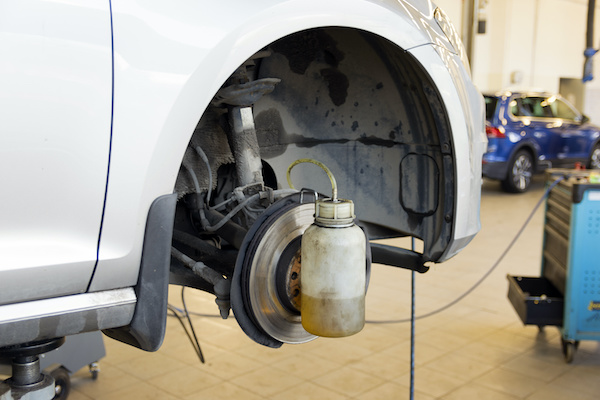
The braking system serves a vital role in slowing down and stopping your vehicle. The braking system is composed of a hydraulic system that transmits pressure placed on the brake pedal to the brake discs and drums of the wheels. The harder you press on the brake, the quicker your vehicle slows down. When most drivers think of their brakes, they may just think of their brake pads. However, the brake fluid is just as crucial to the health of your vehicle. The brake fluid is a hydraulic fluid that sends the pressure from each foot to the brakes. It also serves to lubricate the brakes system's essential moving parts and protect them against corrosion. Problems within the brake fluid can reduce the braking system's effectiveness, causing a significant safety hazard. Bleeding or flushing the brake system can work wonders in restoring the brake system; however, a brake flush has proven more effective. What's the difference between a brake flush and bleeding the brake line ... read more
Posted on 9/30/2020
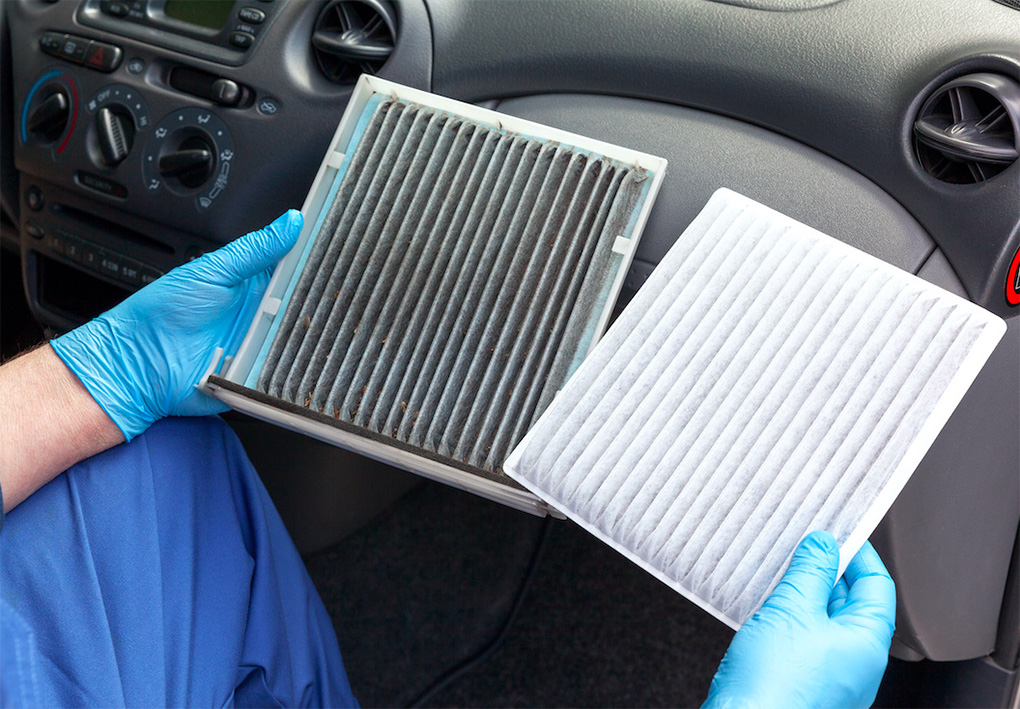
It’s easy to forget about important technical aspects such as engine filters during regular day-to-day driving. Engine filters work to keep the engine free from debris and pollutants. Over time a car’s filter will always get dirty. Dirty air filters restrict airflow into the engine, eventually hurting a vehicle’s performance. As a responsible owner, it’s important to be aware of signs that indicate an air filter is faulty. Maintain optimal engine performance by keeping your engine free from pollutants. Below is a list of common symptoms the engine air filter should be replaced. A Decrease in Engine Power Each drive sucks in contaminated air, and engine filters prevent debris, dust, dirt, and bugs from entering the engine. If the air filter isn’t regularly changed, the filter will become clogged. A clogged prevents an adequate amount of air from getting into the engine. This will lead to the engine running less efficiently than it should. Poor accel ... read more